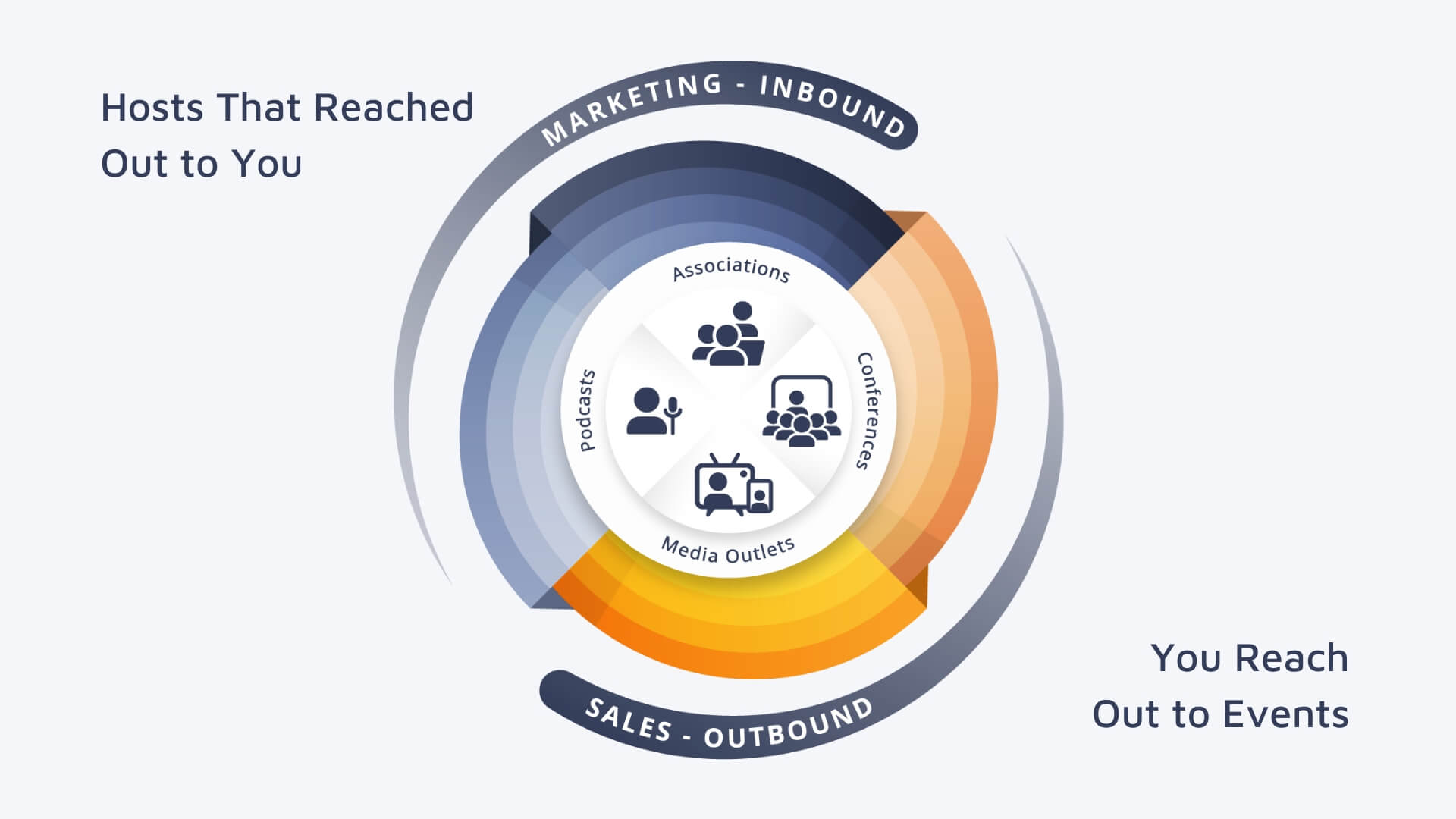How to Get Invited to Speak at High-Profile Conferences

Speaking at high-profile conferences is an exciting opportunity that can elevate your career in ways you never imagined. It’s not just about getting on stage—it’s about boosting your credibility, making meaningful connections, and opening doors to new and lucrative possibilities. But let’s be real: landing a spot at these events isn’t as simple as filling out an application. Event organizers are looking for speakers who can engage, inspire, and provide real value to their audiences.
The good news? With the right strategy, persistence, and a bit of networking savvy, you can position yourself as a top contender for those coveted speaking slots. This guide will walk you through the key steps to help you build your reputation, grow your audience, and ultimately get invited to speak at prestigious conferences.
Build a Strong Online Presence
Conference organizers often research potential speakers online before making a decision. Your digital presence should reinforce your credibility and showcase your thought leadership. To enhance your online visibility:
- Maintain an up-to-date and professional website featuring your speaking topics, videos, testimonials, and a contact form.
- Publish thought leadership content through blogs, LinkedIn articles, and industry publications.
- Engage on social media by sharing insights, responding to industry discussions, and connecting with influencers in your niche.
- Showcase your previous speaking engagements through video clips, photos, or full-length recordings.
Start with Smaller Speaking Engagements
Building a strong online presence is just the first step. Once you’ve established credibility through your digital footprint, the next move is to start speaking on smaller platforms to gain hands-on experience and exposure. These early engagements allow you to refine your message, build confidence, and get comfortable in front of an audience. Before reaching high-profile conferences, gain experience and build credibility by speaking at:
-
Local meetups and community events
-
Industry panels and workshops
-
Webinars and online summits
-
Podcast interviews where you share your expertise
-
Associations or organizations relevant to your industry
Smaller platforms can serve as stepping stones to high-profile conferences, creating a powerful ripple effect in your speaking career. This concept, known as the Speaker Flywheel, emphasizes how engagements at podcasts, associations, and mid-sized conferences can build momentum, making it easier to land bigger speaking opportunities.
The Speaker Flywheel framework positions these smaller engagements as part of a strategic marketing approach. Podcasts and industry associations serve as inbound marketing—they help establish credibility, create organic reach, and attract speaking invitations. On the other hand, high-profile conferences and media outlets act as outbound sales channels, where you actively showcase your expertise to larger audiences and decision-makers who can open doors to even bigger opportunities.

For a deeper understanding of how the Speaker Flywheel works, check out this video: The Speaker Flywheel Explained.
By strategically balancing inbound and outbound efforts through the Speaker Flywheel, you create a continuous cycle of exposure, credibility, and demand that ultimately leads to invitations for major speaking events like conferences and media outlets.
Network with Conference Organizers and Influencers
Many high-profile speaking opportunities come from personal connections rather than cold applications. Actively network with conference organizers, industry leaders, and past speakers by:
- Attending the conferences you want to speak at and engaging with the organizers.
- Connecting with past speakers and learning about their experience.
- Joining relevant industry associations and online communities.
- Providing value to conference planners by sharing their events, engaging with their content, and offering useful insights.
Get Featured on Speaker Directories and Bureaus
High-profile conferences often scout speakers from established directories. Consider listing yourself on platforms like:
- SpeakerHub
- National Speakers Association
- TEDx Speaker Database
- Industry-specific speaker bureaus
These platforms help event organizers find and vet speakers more easily.
Leverage Testimonials and Social Proof
Testimonials from past event organizers, attendees, and industry leaders can significantly boost your credibility. Ask for written or video testimonials from previous speaking engagements and feature them on your website and social media.
Be Persistent and Follow Up
Many conference organizers receive hundreds of speaker applications, so persistence is key. If you don’t get selected the first time:
- Follow up with organizers to express continued interest.
- Ask for feedback on how to improve your pitch for future events.
- Continue refining your expertise and visibility in the industry.
Conclusion
Getting invited to speak at high-profile conferences isn’t about luck—it’s about preparation, consistency, and putting yourself in the right places at the right time. Platforms like SpeakerHub can help streamline this process by connecting you with event organizers and offering resources to enhance your visibility as a speaker. By refining your message, growing your online presence, and building relationships within your industry, you can create a compelling speaker brand that event organizers can’t ignore. Start implementing these strategies today, and soon enough, you’ll find yourself stepping onto the stage at the kind of events you’ve always dreamed of speaking at.





